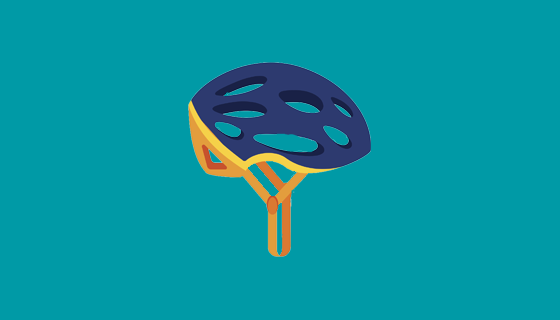Patient Story
Prostate Cancer: Charlie's Story
Active surveillance helped Charlie enjoy life while avoiding surgery for 10 years and counting.
Story Highlights
- Diagnosed with prostate cancer a decade ago, Charlie Cronheim is enrolled in the Active Surveillance Program at Johns Hopkins — an alternative to surgical treatment that involves careful monitoring with MRI, prostate-specific antigen (PSA) blood tests and biopsies, if necessary.
- Under the care of Ballentine Carter, M.D., Charlie opted for active surveillance instead of surgery because his cancer is at low risk for spreading. It also helps him avoid the side effects of prostate cancer surgery, which can include incontinence and impotence.
- The Active Surveillance Program was developed at Johns Hopkins, but has since become the standard of care for low-risk prostate cancer around the world.
- Charlie has been enjoying his active life, without treatment, for 10 years. He comes in regularly for monitoring and takes advantage of the Johns Hopkins MyChart system, where he can quickly review test results and see the next steps in his care plan.
About Prostate Cancer
Learn about symptoms, diagnosis and treatment for prostate cancer, the second-most diagnosed cancer in American men.



